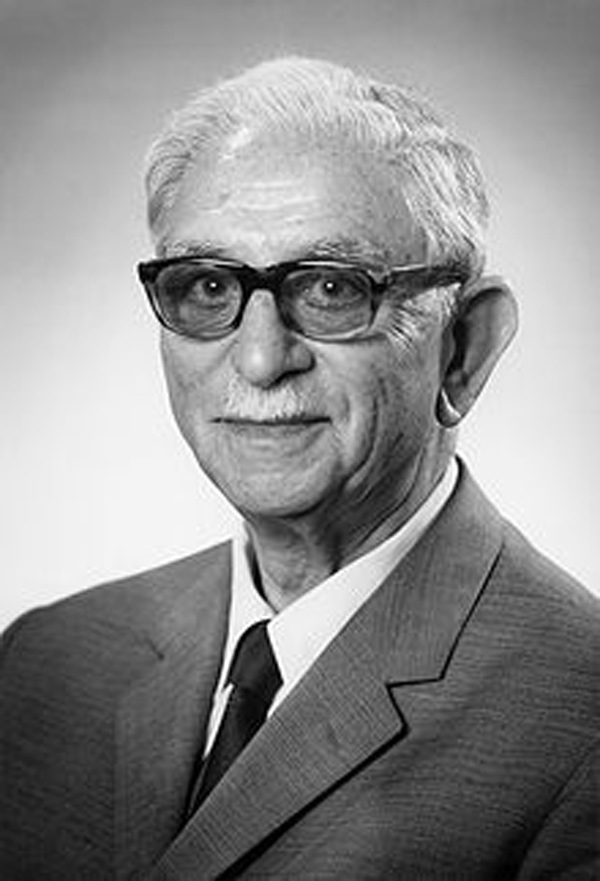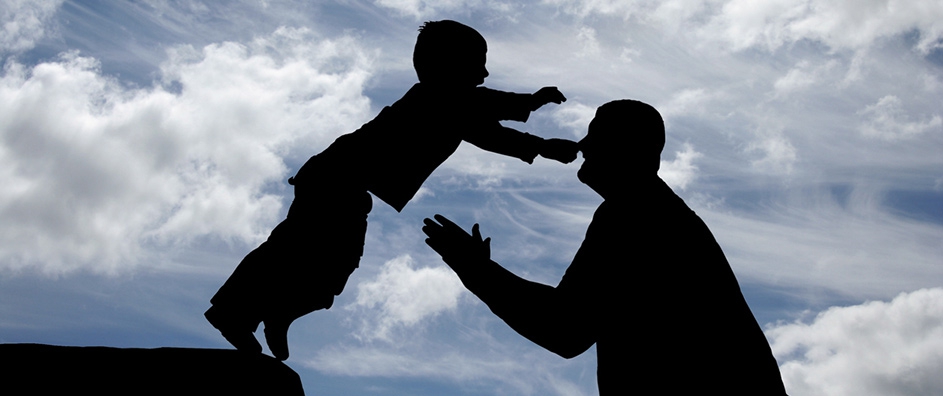The views expressed in our content reflect individual perspectives and do not represent the authoritative views of the Baha'i Faith.
We human beings, as social creatures, are drawn to trustworthy people.
Trustworthiness binds people together, while deceitfulness alienates people. When mutual deceit replaces mutual trust, criticism overwhelms cooperation. Anarchical behavior then rears its ugly head, the fires of which no man-made control system can extinguish.
The Baha’i teachings laud trustworthiness as one of the highest and most spiritual human virtues:
Trustworthiness is the greatest portal leading unto the tranquility and security of the people. In truth the stability of every affair hath depended and doth depend upon it. All the domains of power, of grandeur and of wealth are illumined by its light. – Baha’u’llah, Tablets of Baha’u’llah, p. 37.

General Shu’a Ala’i
Here’s an example: the Baha’i Shu’a’u’llah Ala’i (1889-1984) was a man of sterling qualities—especially trustworthiness. From Persia, now Iran, such was his reputation for trustworthiness, personal integrity, honesty and reliability that he was held in high esteem by all. Even in lawsuits, while their cases were being tried, people who knew Shu’a would entrust funds to him while the court decided where the payments should go. He was often named as a trustee of estates in last wills and testaments, not just be friends but by total strangers.
Following WWI, the Persian government borrowed heavily from British banks. In 1921, it happened that the salaries of soldiers in a bitterly cold region in the north of the country had not been paid. Braving frigid conditions, Shu’a Ala’i assumed the role of paymaster and traveled to this wintry region. His efficiency resulted in his being promoted to Chief Controller of army finances—a position he held for 25 years, during which time he organized various departments and wrote manuals for procurement officers and quartermasters and rose to the rank of General.
Included among his outstanding services was his work in reorganizing and modernizing the Ministry of Post and Telegraph. For many years he served on boards of directors of Iran’s Bank Sepah and Bank Melli, where he protected the financial interests of the people, regardless of their background. As he rose in stature, General Ala’i became known in the highest circles for his trustworthiness and truthfulness. Eventually the Shah himself came to rely on him, with the royal family commissioning him to make an inventory of the Crown jewels, then valued at $7 billion.
Dr. Ugo Giachery observed that Shu’a Ala’i’s
…integrity greatly influenced developments in his native country. Such incomparable examples of a divinely guided, long, active life, reflecting Baha’i virtues will enrich the history of the Faith eternally. – In Memoriam, Shu’a’u’llah ‘Ala’i, – 1889 – 1984, p. 4.
So profoundly did Shu’a Ala’i influence those he came in contact with that his nephew wrote of him:
Everyone respected him and gave praise for his high character traits, noble qualities
and divine attributes. Those coming to meet him felt in him greatness and became
calm and humble. His judgements were invariably correct and all those who worked
with him and for him carried out his wise instructions without question as they felt
them best to be put into practice. – Tribute to Hand of the Cause Shua Alai.
All of us can probably cite similar examples of people we know who inspire complete trust. With such a rare quality, those who prove trustworthy truly shine.
But trustworthiness isn’t just a purely personal trait—it also holds societies together, creating cohesion and consensus. Sadly, many societies have experienced a breakdown in trust recently. In 2015, the global governing body of the Baha’is, the Universal House of Justice, addressed the critical issue of the breakdown of social cohesion:
Over the last year, it has become clearer still that … the social consensus around ideals
that have traditionally united and bound together a people is increasingly worn and spent.
It can no longer offer a reliable defence against a variety of self-serving, intolerant, and toxic ideologies that feed upon discontent and resentment. … Well-meaning leaders of nations and people of goodwill are left struggling to repair the fractures evident in society … The effects of all this are not only to be seen in outright conflict or collapse in order. In the distrust that pits neighbor against neighbor and severs family ties, the antagonism of so much of what passes for social discourse, in the casualness with which appeals to ignoble human motivations are used to win power and pile up riches—in all these lie unmistakable signs that the moral force which sustains society has become gravely depleted.
“Trustworthiness becomes the foundation on which all of the other virtues are based,” says Dorothy Marcic in her landmark book, Managing with the Wisdom of Love:
Without an expectation of truthfulness, without any trust, other virtues or good
behaviors become meaningless. What good is a kind, considerate, and helpful
associate who may cheat us tomorrow? Or a charming, charismatic business
partner who lies? Or a good listener who then backbites us later? Also, the most
vulnerable; once trust is broken, the other virtues are also lost. Trustworthiness
requires integrity and honesty… – Dorothy Marcic, Managing with the Wisdom of Love, p. 48.
Trustworthiness is one of the greatest human virtues. Baha’u’llah makes clear the importance of trustworthiness for every human being and every civilization:
Trustworthiness is in truth the best of vestures for your temples and the most glorious crown for your heads. – Baha’u’llah, Tablets of Baha’u’llah, p. 38.
















Comments
Sign in or create an account
Continue with Googleor